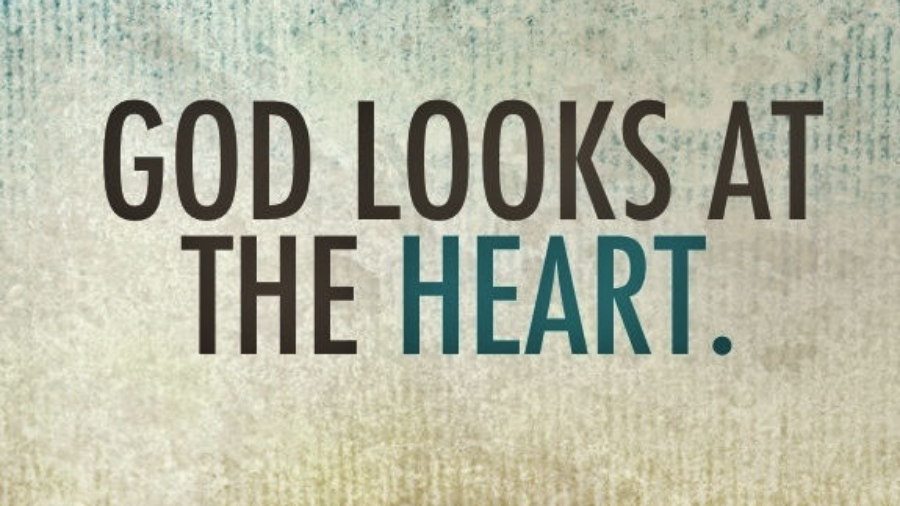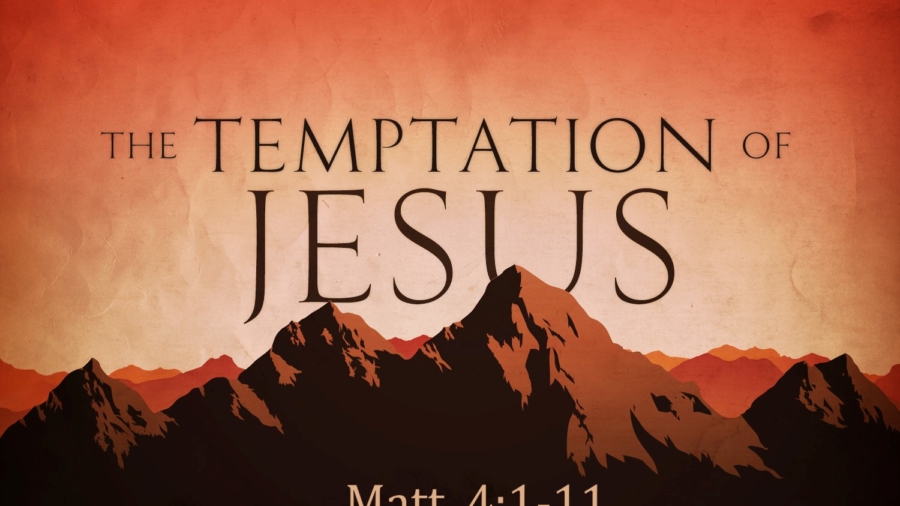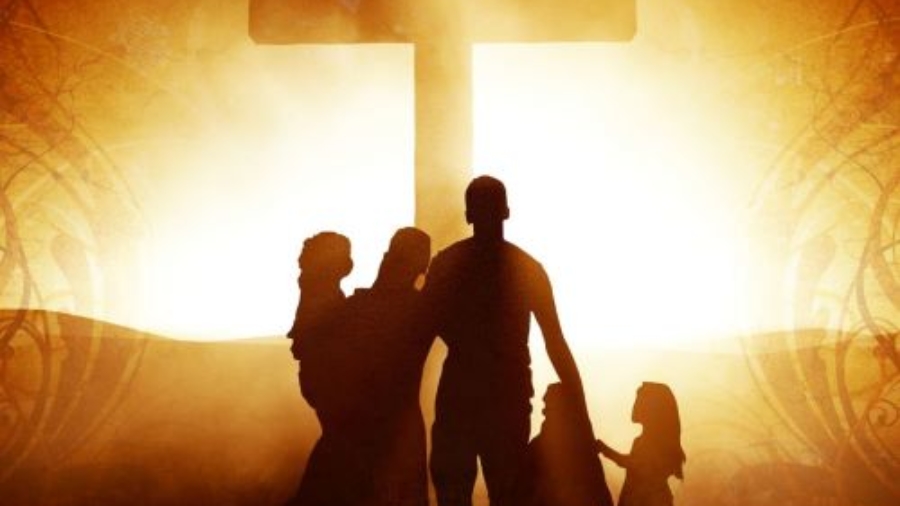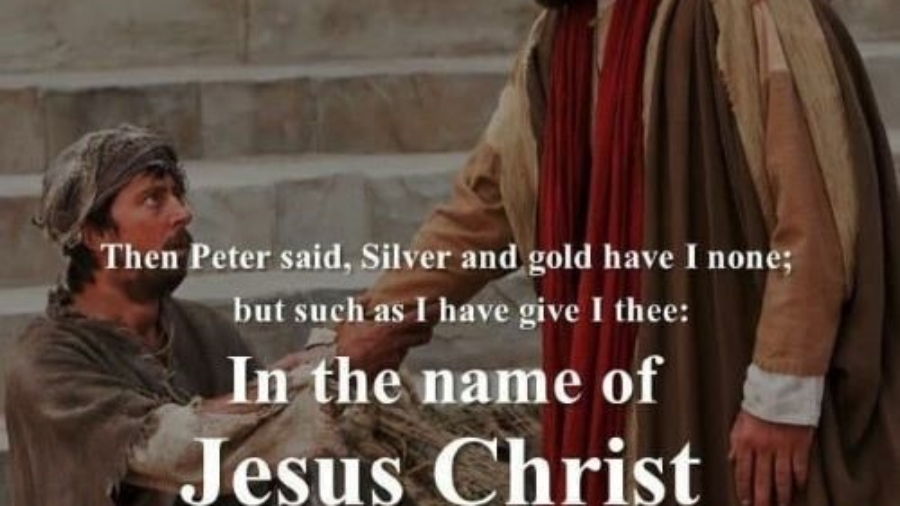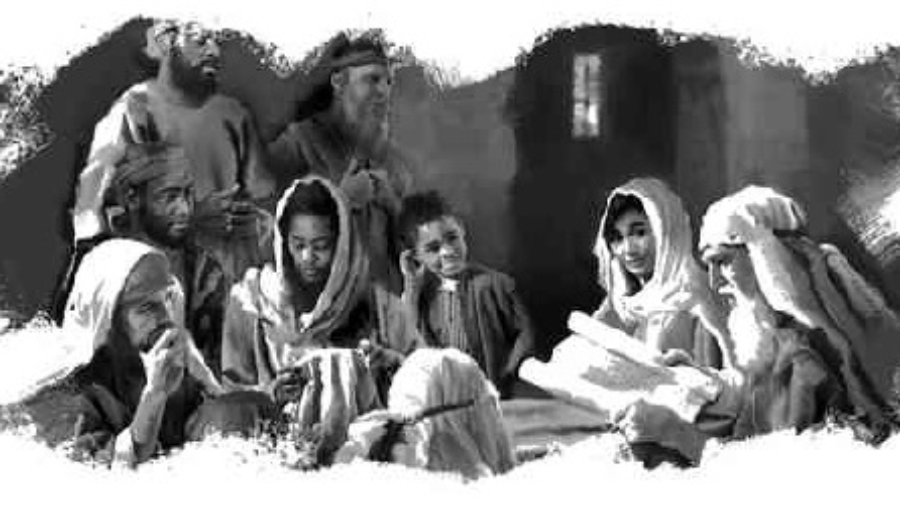In the sermon, Pastor Tzeng told the historical story of King Saul and King David. Saul started off humbly, but his pride led to using humanistic thinking, rather than the power of God. He looked at the situation around him and tried to use his own power, rather than obeying God. This was true when he failed to wait for the prophet Samuel to give offering and was true again when kept what he considered “good” things of the wicked nation of the Amalekites. Anything with a humanistic start cannot give glory to God.
Through the prophet Samuel, we can learn that deep inside of Saul’s heart was rebellion, arrogance, and self-idolatry. He asserts the biblical truth that obedience is better than sacrifice. There are layers of depth in the heart and obedience is a deeper heart of love than is sacrifice. It’s not that sacrifice is bad, but sacrifice can easily turn superficial. Obedience is simpler, but relies on God and has humbleness. Obedience is a deeper heart of love than sacrifice is.
When choosing David, his own father Jesse overlooked him, but the Lord looks at the heart. Whatever our outward image may be, we can’t hide from God, He knows our hearts clearly. Is what I am doing have a pure motivation? Do I have a humanistic motivation, or is my motivation one of overflowing in God’s love. God doesn’t look at the outward appearance, because He can use even the one without a great outward appearance to do great work. Jesus himself was born in a manager and died on the cross, yet his heart of unconditional love shined through and he gained victory on the cross.
May we also gain victory with the power of God, knowing that God looks at the heart, so let us be a demonstration of the Spirit’s power.

